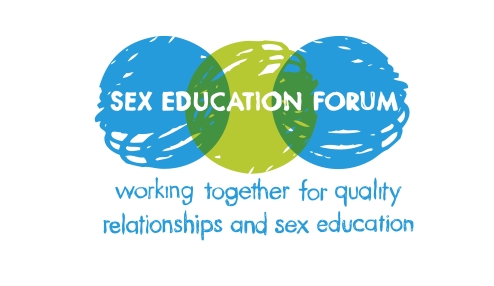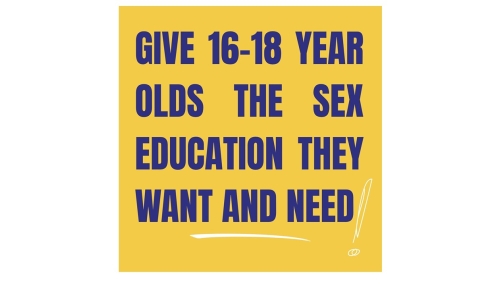In an announcement which confirms a phased start date for RSE to be mandatory in all schools, the Government has introduced a new subject, Health Education, which will be mandatory alongside RSE and Relationships Education.
Details of the updated RSE guidance have also been revealed, and will be the first changes to the Secretary of State's guidance since 2000. A consultation has begun on the draft guidance and will run until 7 November 2018.
Schools that are ready to provide high quality RSE by September 2019 are being strongly encouraged to do so, but the extension to 2020 for the statutory requirement aims to give schools needing more support the time to get their provision right. Given this staggered approach it is essential that momentum is not lost – time is still ticking for children and young people. High quality RSE, something the Sex Education Forum has repeatedly called for, will depend on investment in training for schools and we urge the Government to make a commitment to this.
The Sex Education Forum will continue to support schools and educators in preparing for statutory RSE. We've briefed our members with a summary of 'what you need to know' about the draft guidance and announcements, and our article in Schools Week provides further analysis - see extract below.
While the draft guidance is a mixed bag: a bold step forwards for relationships education, a cautious approach to sex education, and the surprise of including puberty in Health Education, we know what high quality RSE looks like in practice. Government has made it clear that schools who are ready to deliver high quality provision from September 2019 should do so. There is much for schools to do to be ready for statutory RSE, and the clock is ticking. We're here to help you get ahead right now.
Sign up here and we'll keep you posted with the news, resources and practical tips you need to make sure your school is equipped to meet the statutory guidance and give children and young people quality RSE that supports them growing up and prepares them for adult life.
Extract from our article in Schools Week, 20 July 2018
Teachers are crying out for clarity on what they can teach in relationships and sex education classes, but does draft guidance from the Department for Education (DfE) give it? Lucy Emmerson, director of the Sex Education Forum, looks at the detail.
We’ve waited nearly 20 years and finally the revamped government guidance on relationships and sex education (RSE) is here. There’s a lot to get to grips with.
It starts by explaining how the requirements vary for different types of schools; the right to be ‘excused’ if parents don’t want their child to receive sex education; the role of religion and belief; and what should be covered by the school policy – for primary schools this includes the task of defining relationships education.
It’s a few more pages before teachers start to find information on the questions they’ve been calling out to be answered: what exactly the curriculum should contain. This is divided into relationships education – for primary schools, RSE – for secondary schools and a brand new subject: health education – to be mandatory at both primary and secondary level.
Tables set out what pupils should know ‘by the end of primary’ and ‘by the end of secondary’ but unlike a programme of study, do not break down content by year or key stage. There is flexibility for schools to decide how to pace the learning, but it is also clear that learning should start at the beginning of primary, with a ‘building blocks’ approach whereby ‘core knowledge is broken down into units of manageable size and communicated clearly to pupils, in a carefully sequenced way, within a planned programme or lessons’.
The areas of knowledge to be covered by the end of primary include friendships, family, boundaries, privacy, bullying, stereotypes and online relationships.........
The full article is available from Schools Week




Share